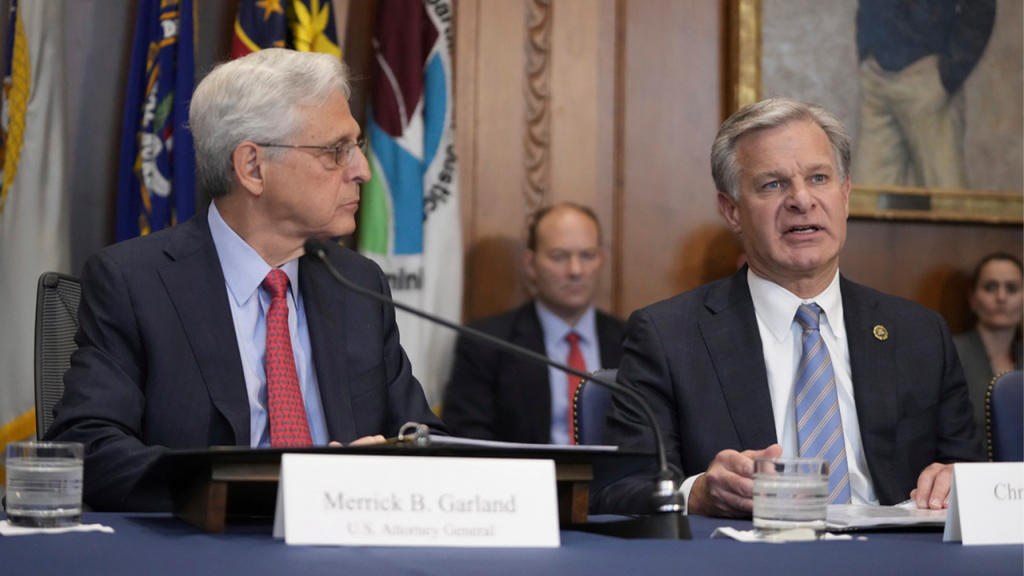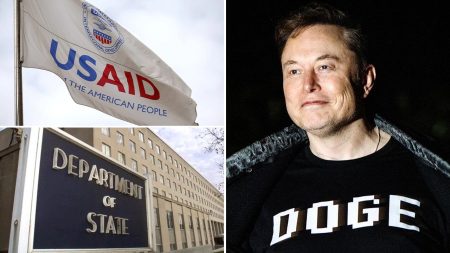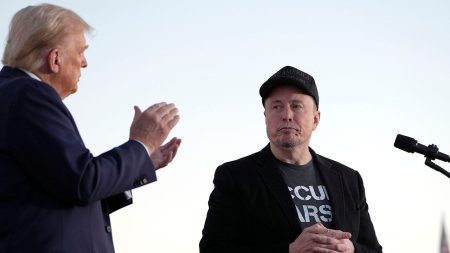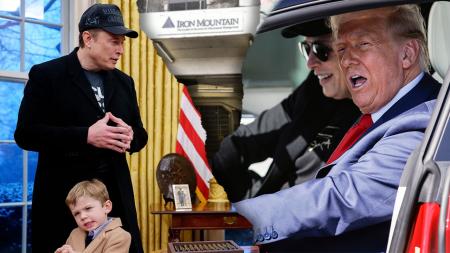Paragraph 1: The Resignation and Initial Reactions
FBI Director Christopher Wray announced his resignation in a town hall meeting with FBI employees, stating his intention to step down at the end of the current presidential administration in January. This decision comes amidst a politically charged atmosphere, with President-elect Donald Trump having already nominated Kash Patel as Wray’s successor. Attorney General Merrick Garland responded swiftly, praising Wray’s decades of service, marked by honor and integrity. Garland emphasized Wray’s leadership in navigating a heightened threat environment, safeguarding the American people, and upholding the rule of law.
Paragraph 2: Wray’s Tenure and Garland’s Commendations
Garland’s statement highlighted Wray’s comprehensive approach to tackling a wide range of threats, from nation-state adversaries and terrorism (both foreign and domestic) to violent crime, cybercrime, and financial crime. He underscored the significance of the FBI Director’s role in maintaining national security and praised Wray’s tireless dedication to the FBI’s mission. Garland specifically acknowledged the challenging nature of leading an agency with 38,000 employees, many of whom risk their lives daily. This praise underscores the demanding nature of Wray’s position and the effective leadership he provided.
Paragraph 3: Independence and the Rule of Law
A key aspect of Garland’s statement emphasized the crucial role of the FBI Director in maintaining the agency’s independence from undue political influence, particularly concerning criminal investigations. He argued that this independence is paramount to preserving the rule of law and safeguarding the freedoms cherished by Americans. Garland explicitly stated that Wray executed this responsibility with integrity and skill, earning him the gratitude of the American people, the Attorney General himself, and the FBI employees he led. This highlights the importance of impartial law enforcement and the director’s role in maintaining that impartiality.
Paragraph 4: The Political Context and Transition
Wray’s resignation unfolds against a backdrop of political transition and potential controversy. Trump’s preemptive nomination of Kash Patel placed Wray in a difficult position, effectively offering him the choice to resign or face dismissal. Patel, known for his vows to dismantle the "deep state," represents a different approach to leadership and may signal a shift in the FBI’s priorities under the incoming administration. Patel’s statement about seeking a smooth transition suggests an awareness of the potential for disruption and a desire to minimize any negative impact on the agency’s operations.
Paragraph 5: Wray’s Rationale and Focus on Mission
Wray’s explanation for his departure centered on his desire to prioritize the FBI’s mission and shield the bureau from further political entanglement. He expressed his belief that stepping down was the best way to protect the agency’s core values and principles while allowing its critical work to continue unimpeded. This suggests a conscious effort to avoid politicizing the FBI and to maintain its focus on protecting national security. By removing himself from the equation, Wray aimed to prevent the bureau from becoming a political battleground.
Paragraph 6: Looking Ahead and the Future of the FBI
Wray’s departure marks a significant transition for the FBI. While Patel has been nominated, the confirmation process and the future direction of the agency remain uncertain. The emphasis on maintaining the FBI’s independence, highlighted by Garland, will likely be a key consideration moving forward. The incoming administration will face the challenge of balancing its own priorities with the need to preserve the integrity and impartiality of the nation’s premier law enforcement agency. The transition period will be crucial in determining how the FBI navigates these potentially conflicting pressures and maintains its commitment to serving the American people.










